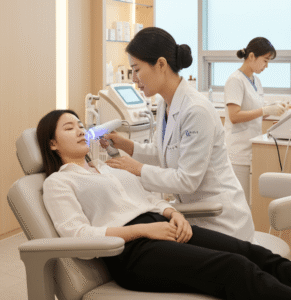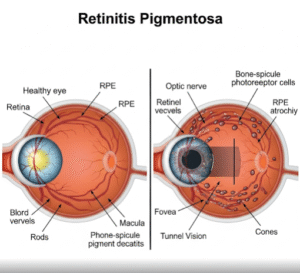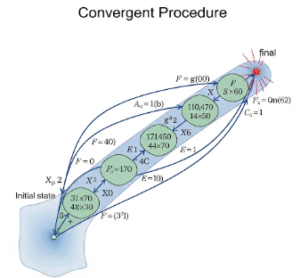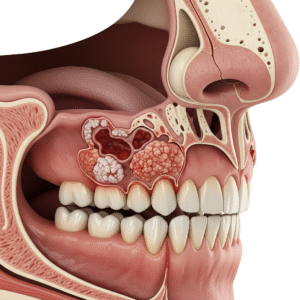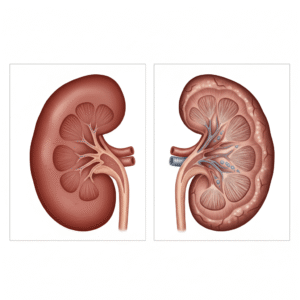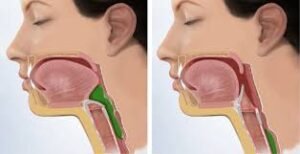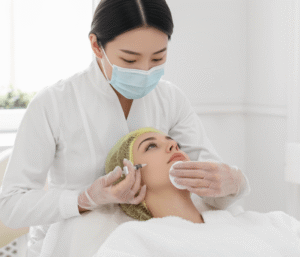Overview
Charles Bonnet Syndrome (CBS) is a neurological condition characterized by visual hallucinations in people with significant vision loss, usually due to eye diseases such as macular degeneration. Individuals with CBS are typically aware that the hallucinations are not real. In Korea, ophthalmology and neurology centers provide diagnosis, management, and counseling to help patients cope with visual hallucinations.
Symptoms
- Visual hallucinations, ranging from simple shapes to detailed images of people or scenes
- Hallucinations often occur in both eyes but are not associated with mental illness
- Episodes can last from a few seconds to several minutes
- Insight is preserved; patients know the visions are not real
- Anxiety, fear, or embarrassment due to hallucinations
- May affect daily activities if frequent or distressing
Causes
- Severe vision loss or blindness from conditions like:
- Age-related macular degeneration
- Glaucoma
- Cataracts or retinal detachment
- Deprivation of visual input leading to hyperactivity in the visual cortex
- Neurological processing changes due to reduced sensory signals
Risk Factors
- Older age, especially over 60
- Significant visual impairment or blindness
- Eye diseases affecting central vision
- Sudden or progressive vision loss
- History of eye surgery or trauma
Diagnosis
In Korea, CBS is diagnosed through:
- Comprehensive eye examination to identify underlying eye disease
- Neurological assessment to rule out cognitive disorders
- Patient history including visual hallucination patterns, duration, and awareness
- Imaging tests (MRI or CT) in rare cases to exclude neurological causes
- Differential diagnosis to distinguish from psychiatric conditions
Prevention
- Early detection and management of eye diseases
- Regular eye check-ups to monitor vision deterioration
- Use of corrective lenses or surgical interventions to improve visual input
- Patient education to understand the benign nature of CBS
- Stress reduction and maintaining a stimulating environment
Treatment Options in Korea
- Vision Care
- Treating underlying eye conditions to improve visual input
- Cataract surgery, laser therapy, or management of macular degeneration
- Medical Management
- In severe or distressing cases, low-dose antipsychotics or anticonvulsants may be considered
- Medications are prescribed cautiously and individualized
- Supportive and Behavioral Approaches
- Patient counseling to reduce anxiety and fear
- Techniques to distract or refocus attention from hallucinations
- Support groups or therapy for coping strategies
- Follow-Up Care
- Regular ophthalmology follow-up for vision monitoring
- Neurological assessment if hallucinations worsen or new symptoms appear
- Education and reassurance for patients and caregivers




